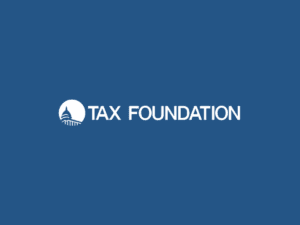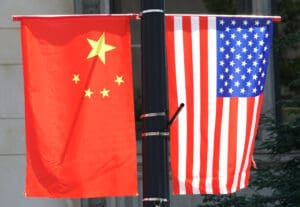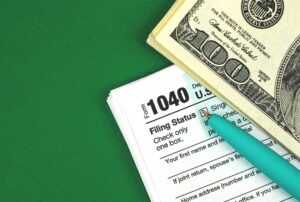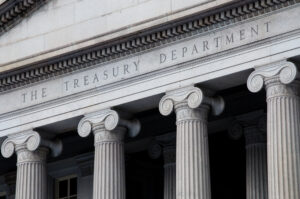The economic crisis caused by the coronavirus pandemic poses a triple challenge for tax policy in the United States. Lawmakers are tasked with crafting a policy response that will accelerate the economic recovery, reduce the mounting deficit, and protect the most vulnerable.
To assist lawmakers in navigating the challenge, and to help the American public understand the tax changes being proposed, the Tax Foundation’s Center for Federal Tax Policy modeled how 70 potential changes to the tax code would affect the U.S. economy, distribution of the tax burden, and federal revenue.
In tax policy there is an ever-present trade-off among how much revenue a tax will raise, who bears the burden of a tax, and what impact a tax will have on economic growth. Armed with the information in our new book, Options for Reforming America’s Tax Code 2.0, policymakers can debate the relative merits and trade-offs of each option to improve the tax code in a post-pandemic world.

Are Windfall Taxes Becoming the New Normal in the UK?
Even though energy prices have declined from their recent peak, the United Kingdom is one of the few countries in Europe continuing to rely on windfall profits taxes to support households with the rising cost of living.
4 min read
Tax Foundation Economists Mourn the Loss of Our Mentor in Tax Policy: Gary Robbins
On behalf of the entire Tax Foundation family, we want to thank Gary Robbins for his five decades of bucking the conventional wisdom and saying, “why not?”
4 min read
Harris’s America Forward Plan Should Cover Whole Economy, Not Just Favored Industries
Investment matters across the economy, and policymaking should reflect that.
4 min read
Taxes in the Internet Age
Today marks 55 years since two students sent the first message across the Advanced Research Projects Agency Network (ARPANET) between computers at four universities, which would later become the internet we enjoy today.
5 min read
What Sets the US and China Apart on Tax?
Broad, pro-investment tax policy matters for growth, and the US has plenty of opportunities to make improvements, particularly given the advantages our cross-Pacific rival confers on its firms.
5 min read
Placing Harris and Trump Tax Plans in Historical Context
Trump’s tariff hikes would rank as the the largest tax increase outside of wartime since 1940. Meanwhile, Harris’s tax plan would rank as the 6th largest tax increase outside of wartime since 1940.
5 min read
How 2026 Tax Brackets Would Change if the TCJA Expires
If Congress allows the Tax Cuts and Jobs Act (TCJA) to expire as scheduled, most aspects of the individual income tax would undergo substantial changes, resulting in more than 62 percent of tax filers experiencing tax increases in 2026.
3 min read
Americans Abroad Need Compliance Cost Relief
Trump’s proposal would bring the US more in line with most other developed economies, which tax only those who live and work within their borders.
4 min read
Wartime Taxes Are Waging War on Sound Policy Choices
Spain’s central government is considering making its windfall taxes on energy companies and the banking sector permanent.
6 min read
Another Huge Federal Deficit in Fiscal Year 2024 Despite Surging Corporate and Other Tax Collections
While federal tax collections—especially corporate taxes—have reached historically high levels, these gains have not kept pace with escalating spending, particularly on debt interest, leading to a substantial and concerning budget deficit in FY24.
6 min read